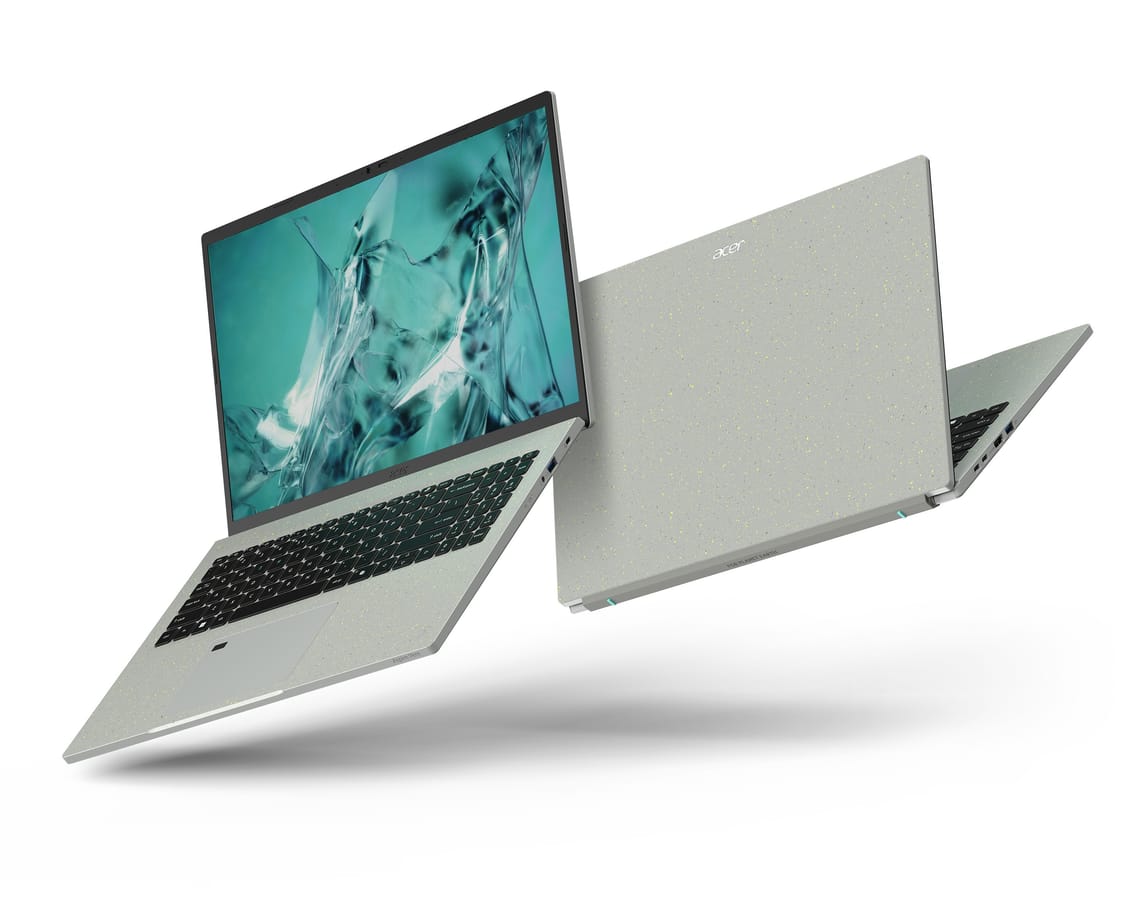Battlefield 6’s PC Open Beta won’t run without Secure Boot. EA insists it’s vital for their new Javelin anti‑cheat system, even though it causes headaches for some setups, like Linux or Steam Deck.
What’s Required—and Why
Most PCs will be fine—but here’s the less comfy stuff:
- Secure Boot must be enabled in your BIOS/UEFI.
- TPM 2.0 is also required.
These steps protect against kernel‑level cheats and other low‑level hacking.
Who’s Affected Most
This isn’t news to Windows users, but it’s a dealbreaker for:
- Linux users or dual‑booters—some distros don’t support Secure Boot.
- Steam Deck owners—Proton doesn’t emulate Secure Boot, and EA confirmed no support for the device.
How to Enable Secure Boot
Good news—it’s not rocket science. Just follow these steps:
- Open
msinfoin Windows to check that BIOS Mode is UEFI and Secure Boot is On. - If Secure Boot is Off or unsupported, switch CSM (Compatibility Support Module) off in BIOS.
- Ensure your boot drive uses GPT partition style, not MBR.
- Restart, go into BIOS, and enable Secure Boot.
- Need help? Guides are available—and Reddit has some user tips too.
"Quick notes for Gigabyte mobos... disable Secure Boot, change the mode from Standard to Custom and then back to Standard... set Secure Boot back to Enabled." (Reddit)
FAQ
Why require Secure BootIt's needed for EA'sJavelin anti‑cheat, which scans deeply at kernel level, and Secure Boot helps prevent cheats from hijacking the system at boot.
Will it ruin performance?No. Secure Boot runs at start‑up only. In‑game performance remains unaffected.
Can I play on Linux or Steam Deck?Not right now. Proton doesn’t support Secure Boot emulation, and EA says Battlefield 6 isn’t compatible with Steam Deck.
Subscribe to our newsletter
Subscribe to our newsletter to get the latest updates and news

















Member discussion